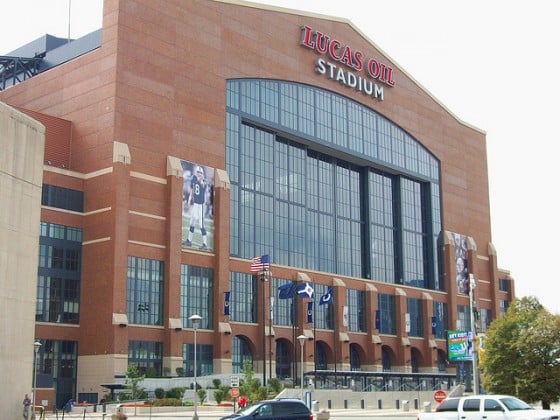8 Environmentally-Friendly Actions Your Kids Can Take
One of the things even the most environmentally-conscious parents sometimes forget is to include their kids in on their “green” actions. I learned early on that my kids were very interested in doing things that helped save energy, prevent waste and protect the earth.

My daughter, for example, doesn’t let anyone in the family leave lights on. She immediately speaks up letting the offender know that leaving lights on wastes power and we don’t want to waste power. She turns the water off when brushing her teeth and makes sure her brother does the same. If either of my kids see trash on the ground, they let me know and ensure it gets picked up so that “the earth doesn’t get hurt”.
When it comes to any actions we take around the house to save energy, water, recycle, reduce waste, etc. my kids like to be involved. So, I figured I’d lay out some simple examples of environmentally-friendly actions your kids can take.
1 – Get your kids using reusable containers. My kids each have their own water bottles we fill up in order to take on walks, when we go somewhere in the car, etc. They also use reusable containers when they take food to day camp or school.
2 -Educate your kids on how to reduce waste. This includes reducing waste by eating all the food on their plate, only using the materials they need to do projects (and saving any leftover materials for next time), and cutting down on unnecessary packaging. To name a few.
3 – Teach them the importance of saving water. Save water when they brush their teeth, when they wash their hands, when they take a bath (or shower), when they help do the laundry or dishes, etc. Reusing gray water to water plants is also something most kids enjoy doing.
4 – Inspire a love of the great outdoors. Kids almost naturally like to spend time outside. They like to play in the park, go for walks, ride bikes, go skating, climb trees, etc. As long as they are outdoors, they seem to be happy. Don’t stifle this love by keeping them connected to the TV or other electronic devices all day. Encourage their love of nature.
5 – Start recycling. A few simple steps are all it takes to get your kids grooved in to recycling. When kids understand that recycling allows for one item to be saved so it can begin a whole “new life” as something else, they seem to get interested. Who wouldn’t? Here are 10 things you never knew were recyclable.
6 – Saving energy. Involve your kids by making them responsible for saving energy in their own rooms and around the house. Turning off lights during the day or when they leave a room. Opening their shades or blinds in the morning to let natural light in, rather than using electricity. Kids are more than capable of generating their own energy.
7 – Teach your kids about the value of using their own two feet. Not everything requires we hop in the car and drive somewhere. Many adventures occur down the block, right around the corner and within walking distance of home. Besides, walking is good for everyone. Take a look at these 10 reasons why you should walk instead of drive.
8 – Gardening. Kids love to create new things. They love to see things grow and love knowing their actions helped make those things grow. Teach them to grow their own vegetables. How to care for them from seed to table. Get them to know all food doesn’t need to come from grocery stores. They can grow their own.
These are just eight of the many, many environmentally-friendly actions you and your kids can take. Remember, it’s not about teaching your kids to be “greener”, it’s about teaching kids to be smarter. To respect and care for the environment around them and the earth itself. What environmentally-friendly values do you share with your children?
2 Comments
-
-
Megan
Hi I’m 9 years old and I do all the same stuff as what your little girl does
-



Richard Kirk
It’s a great idea to involve your kids in energy saving tactics. If every parent incorporated these strategies into the daily lives of their children, then the impact would be huge. The environmental impact is not just immediate either. Learning these changes early will make a difference over their entire lifetime and anyone that they influence over that period. Plus, as an added bonus, your household saves a little money.